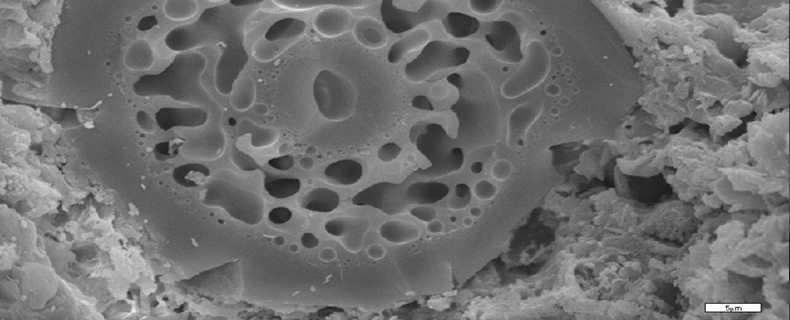| School | Natural Sciences | ||||||||||||||
| Academic Unit |
Geology Department | ||||||||||||||
| Level of Studies |
Undergraduate | ||||||||||||||
| Course Code |
GEO_705 | ||||||||||||||
| Εξάμηνο σπουδών | 8ο | ||||||||||||||
| Course Title |
Environmental Oceanography | ||||||||||||||
| Independent Teaching Activities |
Lectures, Laboratory Work and Seminar | ||||||||||||||
| Weekly Teaching Hours |
2 (L),21(LW) 1S | ||||||||||||||
| Credits | 5 | ||||||||||||||
| Course Type |
General knowledge, Scientific Area, Skills development | ||||||||||||||
| Prerequisite Courses |
No | ||||||||||||||
| Language of Instruction & Examinations |
Greek. Teaching may be however performed in English in case that foreign students attend the course | ||||||||||||||
| Is the Course offered to Erasmus Students |
Yes | ||||||||||||||
| Course Web-Page (URL) | https://eclass.upatras.gr/courses/GEO322/ | ||||||||||||||
| Learning Outcomes |
Upon successful completion of this course , the students will be able to:
|
||||||||||||||
| General Competences |
|
||||||||||||||
| Syllabus |
Theory and laboratory
|
||||||||||||||
| Delivery | In classroom and in laboratory (face-to-face) | ||||||||||||||
| Use of Information & Communication Technology |
|
||||||||||||||
| Teaching Methods |
|
||||||||||||||
| Student Performance Evaluation |
Ι. Theory Final Exam, written, of increasing difficulty, which may include Multiple choice test, Questions of brief answer, Questions to develop a topic, Judgment questions and Exercise solving. Students are obliged to attend all scheduled laboratory classes and to deliver all the laboratory exercises, during the semester in order to be able to participate to the final exams. Marking Scale: 0-10. Minimum Passing Mark: 5. ΙΙ. Laboratory Students are obliged to attend all laboratory classes and to deliver the results of all exercises. Maximum number of non delivered laboratory exercises: 3 |
||||||||||||||
| Attached Bibliography |
Books :
Relative scientific journals:
|






























